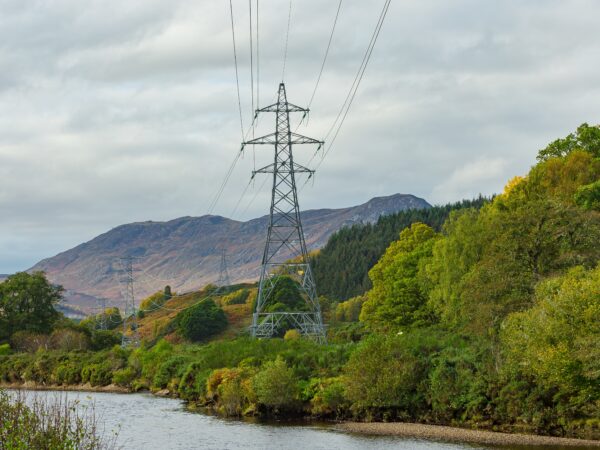Last year, Regen was commissioned by ClimateXChange on behalf of the Scottish Government to explore how local and community-owned energy could help drive Scotland’s just transition. Here, Fraser Stewart discusses how we might truly unlock the power of this sector.

Local and community energy projects can create serious value for local places. Such projects allow for social and economic benefits from clean energy to be captured in local areas, with solutions tailored to local need and the Scottish Government’s draft Energy Strategy and Just Transition Plan emphasises their importance in supporting Scotland’s net zero and just transition ambitions.
Our report for ClimateXChange examines how those projects can help deliver against these ambitions within devolved Scottish powers. Through deep literature review, stakeholder engagement and working with citizens directly, it finds that local and community energy can deliver against all of Scotland’s critical just transition outcomes. At this level, there is scope to better involve excluded groups within the energy transition, support public and community ownership, and steward the benefits of net zero to citizens and communities directly.
Innovations such as smart local energy systems, community-led retrofit and local energy planning (LHEES in Scotland, but also the shift towards regional strategic and local energy planning) also present new opportunities to accelerate ownership, investment and delivery of local and community energy systems on a wider scale. This is in addition to the shared ownership opportunities from ever-expanding on- and offshore wind developments.
Scotland has long backed local and community-owned energy, with an aim to deliver 2GW by 2030 (currently at 908MW). However, key challenges remain to fully unlocking the potential of local and community energy for a just transition in Scotland. These include but are not limited to:
- Limited resources to build capacity for local and community energy in under-served areas.
- Ambiguity on existing local and community energy targets, with a need to outline specific targets for community and publicly owned projects.
- Capacity and funding gaps, particularly in local authorities and community organisations.
- Barriers to engagement and participation for specific groups within local and community energy projects and processes.
- Need for sustainable funding and business models that support just transition outcomes.
Our report makes six high-level recommendations and 19 evidence-based recommendations for truly unlocking local and community energy in Scotland, to ensure that it is not simply a nice-to-have, but a key pillar of the country’s energy transition.
You can download the report here.
If you’d like to chat further about this work, please contact Fraser.
